The purchasing managers' index (PMI) for China's manufacturing sector came in at 49.7 in June, according to the latest data released by the National Bureau of Statistics (NBS) on Monday.
Although the reading still below the 50-point mark separating business expansion from contraction, the gauge improved for the second consecutive month, rising from April's 49.0 and May's 49.5.
NBS statistician Zhao Qinghe said that the June PMI for China's manufacturing industry, reflecting an increase of 0.2 percentage points from the previous month, along with improvements in the non-manufacturing PMI and the composite PMI output index, indicates an overall enhancement in the manufacturing sector's performance.
The composite PMI output index reached 50.7, which is 0.3 percentage points higher than May's reading, the NBS data showed.
Zhao noted that among the 21 surveyed manufacturing industries, 11 recorded PMIs in expansion territory (above 50) - four more than in May - signifying a broadening of positive sentiment within the sector.
The sub-index for new orders rose to 50.2, 0.4 percentage points higher than May, indicating improved demand in the manufacturing market, the NBS reported.
A Monday statement published on the website of the China Federation of Logistics & Purchasing (CFLP) attributed the improvement to several factors: a temporary easing in China-US economic and trade relations, weakening external interference factors, the manufacturing industry returning to normal operation, steady release of the economy's endogenous driving force, and overall market demand ceasing its decline and rebounding.
The CFLP, which jointly publishes the manufacturing PMI data with the NBS, noted that the new orders index returned to expansion territory after contracting for two consecutive months.
The PMI for the high-tech manufacturing sector stood at 50.9 in June, higher than the overall manufacturing PMI, indicating that high-tech manufacturing maintained a positive growth trend.
China's manufacturing PMI dropped to 49.0 in April. The NBS attributed that reading at the time to a couple of factors including the high base effect formed by rapid growth in the previous period and significant changes in the global geopolitical environment.









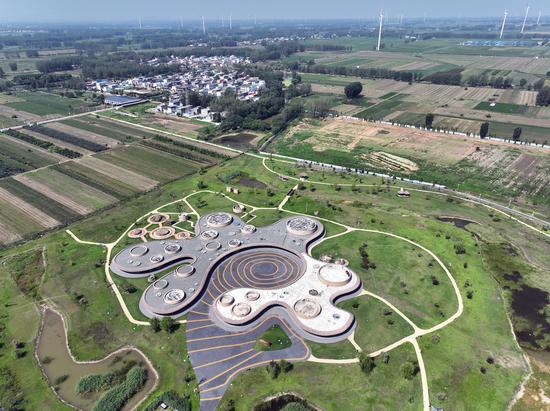


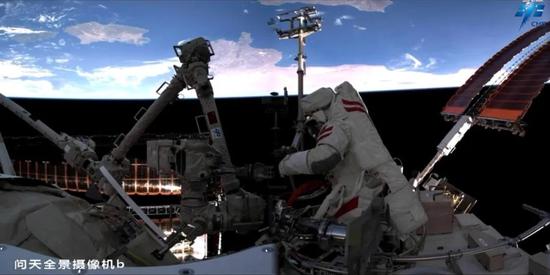
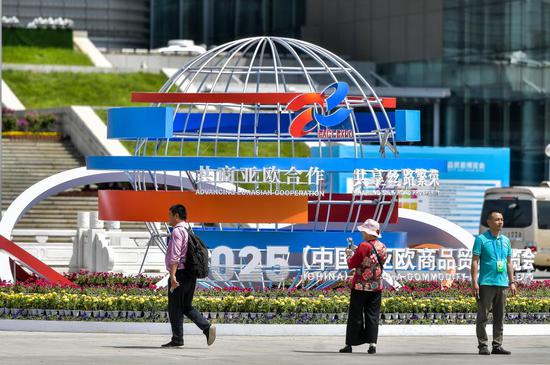




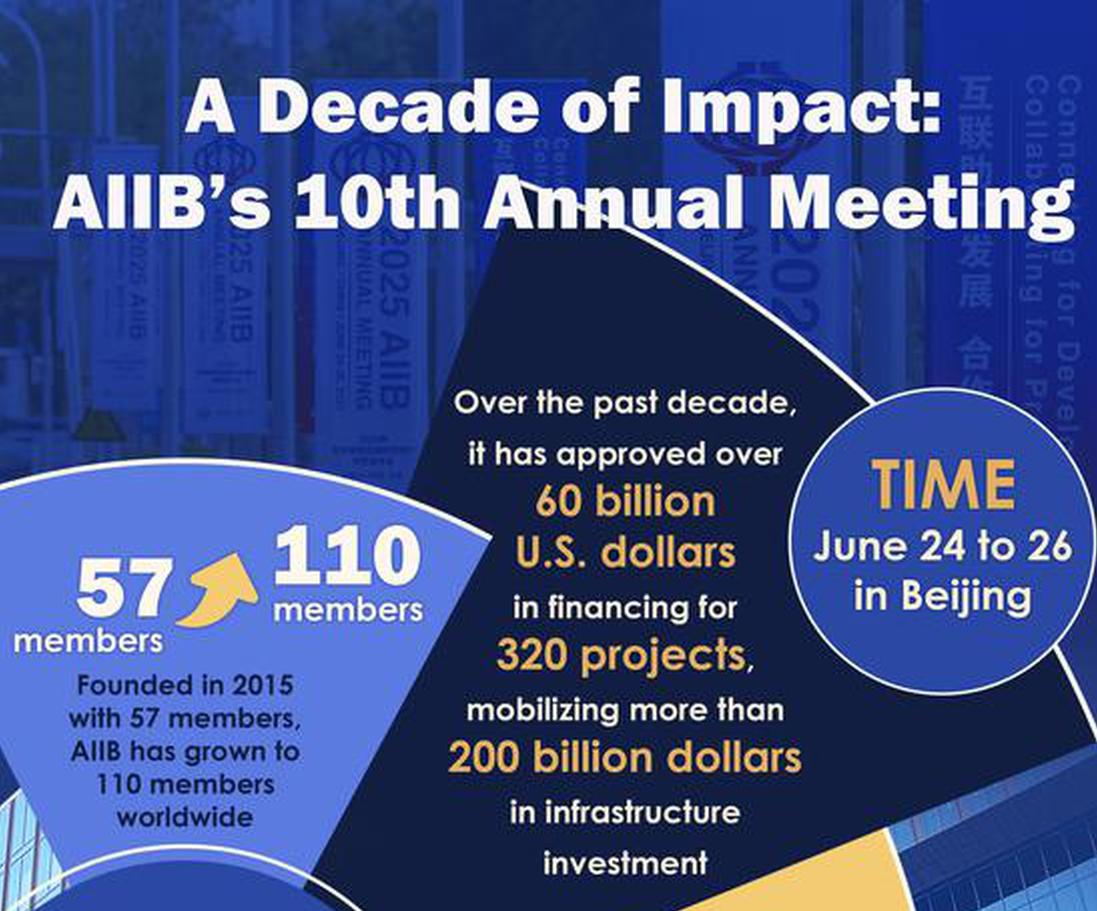













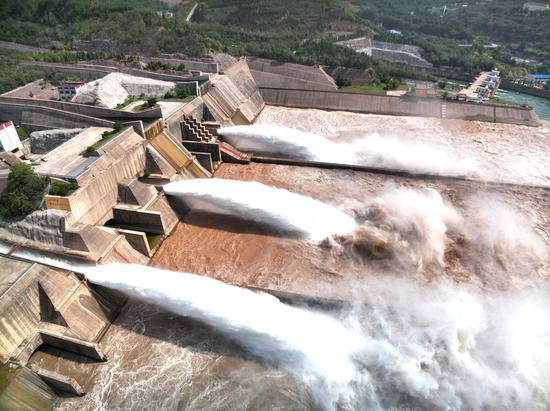
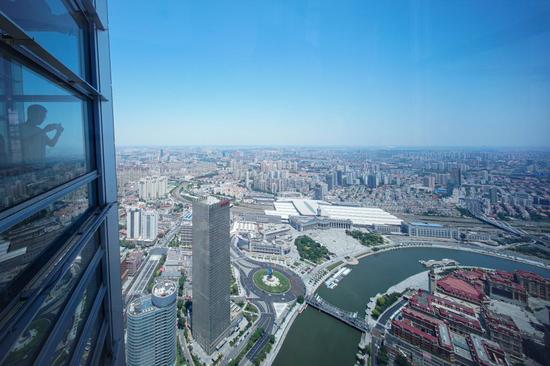






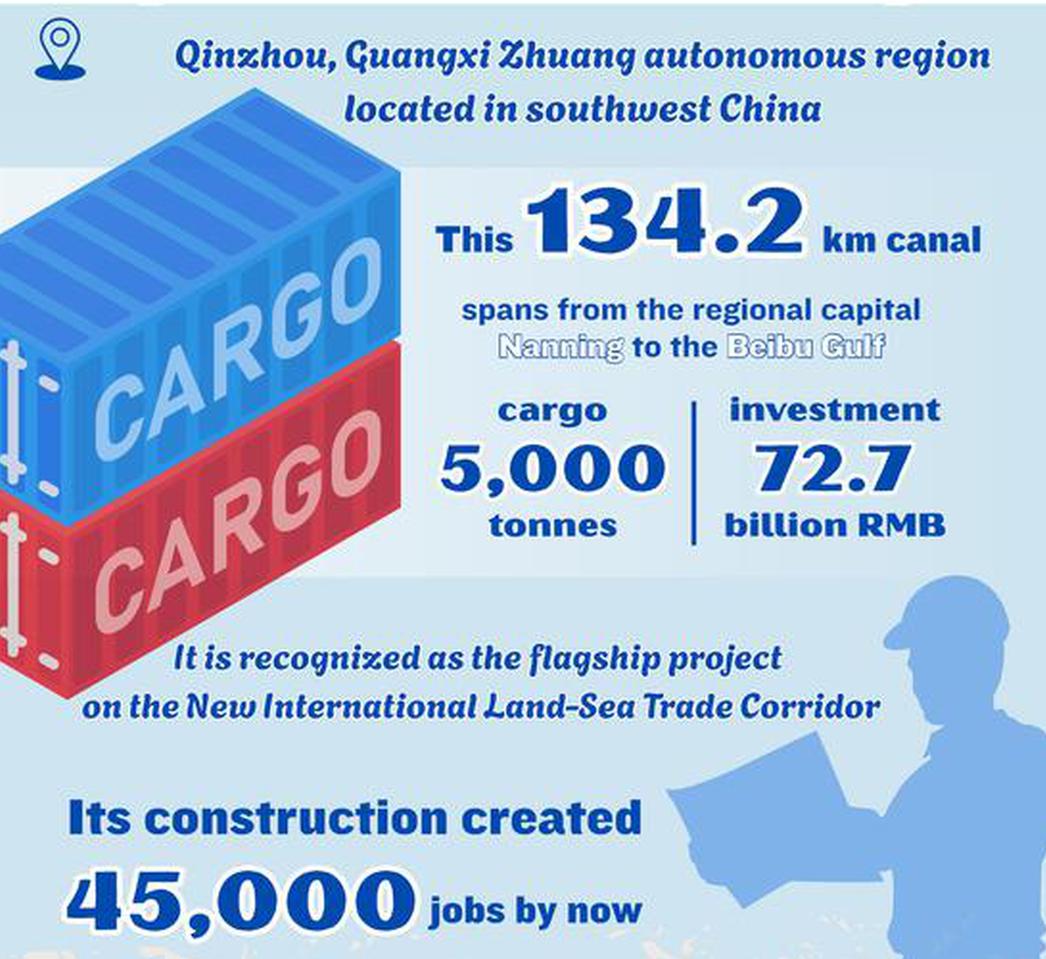



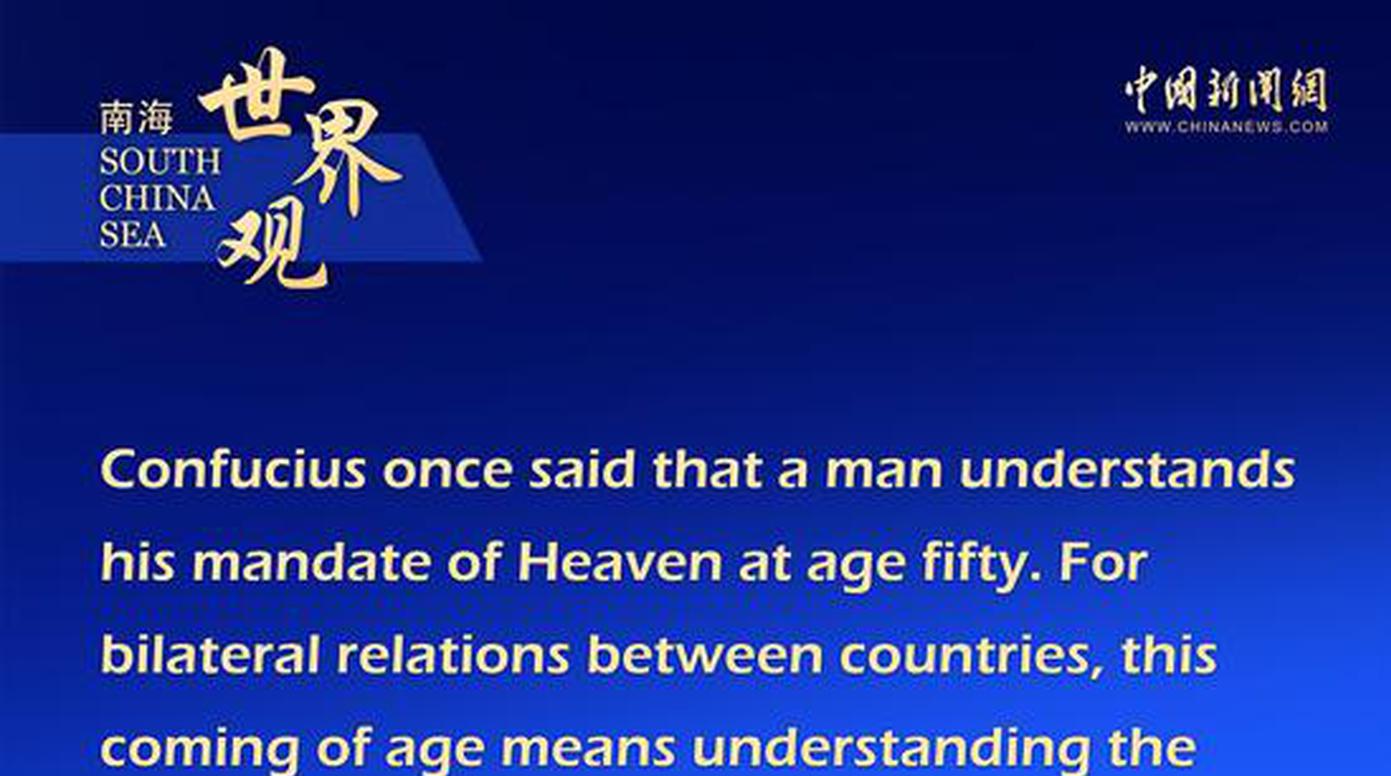





 京公網安備 11010202009201號
京公網安備 11010202009201號